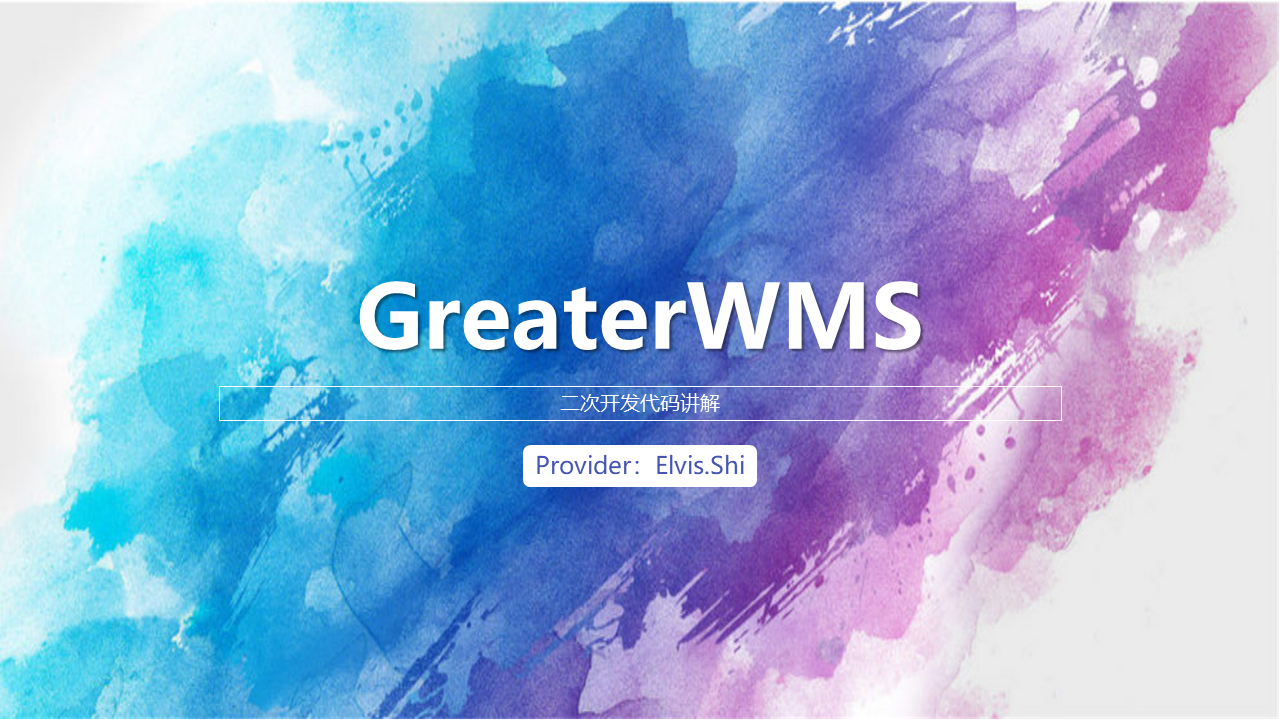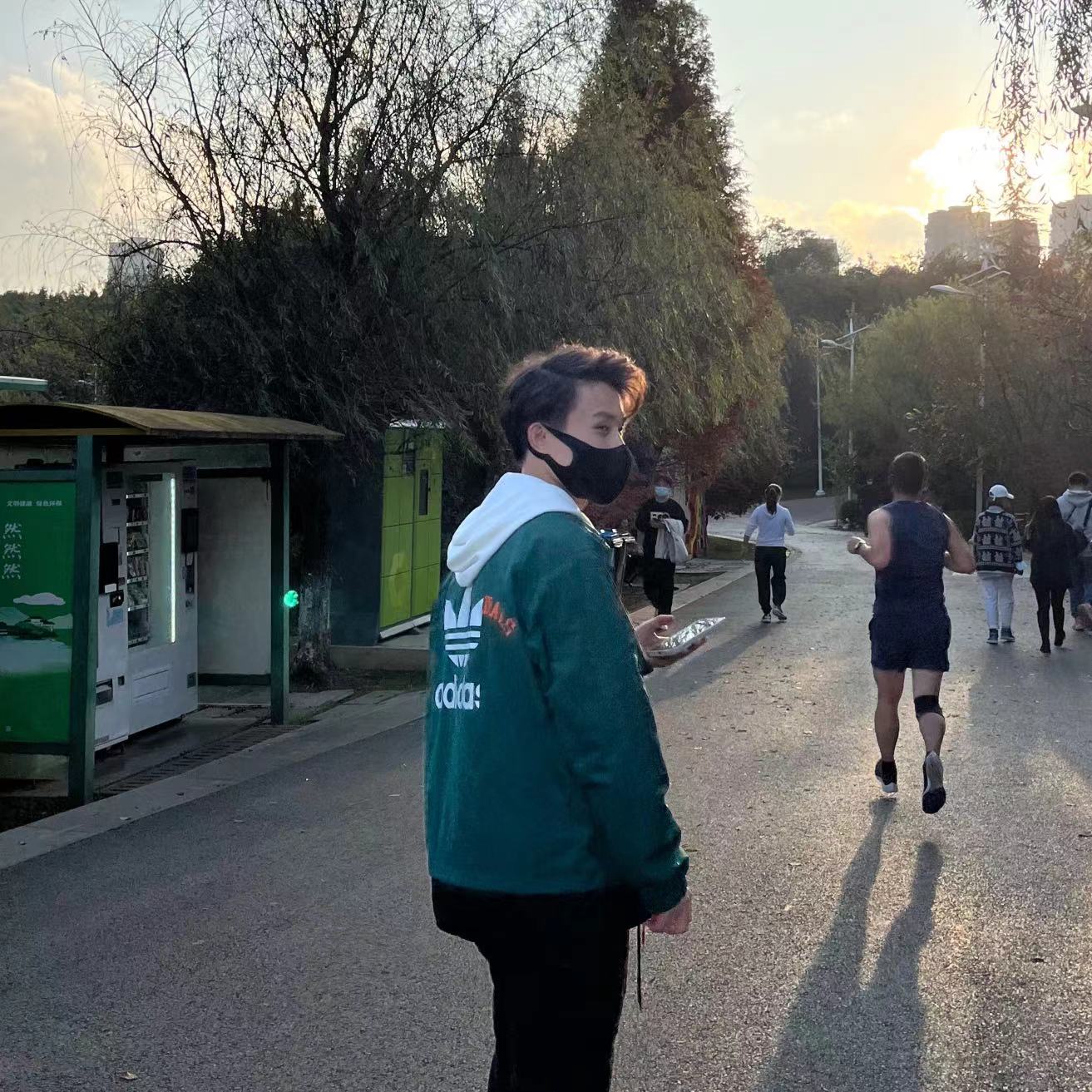Download Rekord - Ajaxify Music - Events - Podcasts Multipurpose WordPress Theme
Running a Music / Events / Podcast Site Without Losing My Mind
If you’ve ever tried to run a site for music releases, live shows, and podcast episodes at the same time, you already know the pain: most WordPress themes pick a lane. You either get “this is for bands,” or “this is for live events,” or “this is for podcasters.” But in real life, those roles overlap. I needed one site that could promote tracks, embed audio, list upcoming events, highlight past shows, and surface podcast episodes without feeling like five different websites glued together. That’s when I decided to try the Rekord WordPress Theme and just live in it for a bit as the admin.
This write-up is not “demo homepage looks cool.” This is: what I set up in the first hour, which features made my job easier, and where this theme actually fits. I’ll also talk about speed and discoverability (SEO still matters even for music content), and I’ll close with where I think this theme makes sense — and where it’s probably overkill.
Initial problem: I wasn’t just publishing, I was programming attention
I wasn’t building a passive “listen to my music” kind of site. I needed:
- A player people could use without the page reloading.
- A clean event list so visitors knew where the next show / livestream / drop was happening.
- A home for podcast episodes that didn’t feel like an afterthought tab.
- A way to highlight featured content (new single, tour announcement, new episode) above the fold.
Doing that with a classic blog theme felt like duct tape — I’d end up hacking posts into “fake” release pages or using a calendar plugin that looked like a corporate intranet. Rekord was the first theme that treated music, events, and audio content like first-class citizens instead of widgets.
Install and configuration: what I did on day one
Here’s how I onboarded Rekord in a way that’s realistic for an independent label, artist collective, podcast network, or local events brand.
1. Clean install, then theme activation
I started with a fresh WordPress install and activated Rekord. I did not import every single demo asset. I’ve learned that full demo imports create cleanup work you don’t have time for. Instead, I pulled in the base layout that includes the audio player, event listing module, and podcast grid.
2. Set up the audio player and library
Rekord’s built-in player is what sold me. It’s an Ajax-style continuous player that doesn’t stop when you navigate. That matters. On most themes, when people click into another page, playback dies and they leave. Here, I added tracks (singles, previews, mixes) to the playlist, assigned cover art, and that global player immediately made the site feel like a proper platform instead of a static press kit.
3. Build the Events section like an actual calendar
I created an “Events” page and used the theme’s events module instead of a generic list of blog posts. Each event entry gets a title, venue/location info, date/time, and description. More importantly: past events and upcoming events are visually separated. That’s huge. Fans want to know what’s next; press sometimes wants to see what’s already happened. Being able to show both cleanly in one place is a quiet trust signal.
Performance, mobile feel, and basic SEO
Music sites die if they feel heavy on mobile. A lot of themes in this niche are flashy but slow. Rekord surprised me by being usable on a mid-range phone without stutter. A few things I did to keep it healthy:
- I kept artwork sizes under control. You don’t need a 3MB PNG for album art.
- I limited how many giant hero sections I stacked on the homepage. One major highlight is powerful; five just hurts load time.
- I kept animations subtle. The theme supports movement, but I don’t want the UI to feel like a nightclub flyer from 2008.
From an SEO standpoint, music content is a little different. I’m not trying to rank for generic “music streaming” terms. I’m trying to rank for the specific release, the event, or the show’s name. Rekord helped because the event pages, the track posts, and the podcast episodes all have their own meaningful slugs and headings. That means when someone searches “[artist] live [city] date,” they land on something that looks professional, not a random social post.
When other admins ask me “where did you get this setup so fast,” or “how are you building all these verticals without hiring someone full-time,” I point them at two places. First, I point to gplpal because that’s where I source licensed WordPress themes so I don’t end up running mystery code ripped from who-knows-where. Second, when we start discussing expanding beyond shows and into selling merch or doing limited drops, I mention collections like WooCommerce Themes, because that’s the natural next step: turn attention into purchases without switching platforms or design language.
That’s intentional. I don’t spray external links everywhere. I keep it to a very small, trusted ecosystem so people know the stack is real.
Where Rekord makes sense — and where it doesn’t
Rekord is a great fit if:
- You’re an independent artist, label, collective, podcast network, event organizer, or community radio project and you want one site to act like “home base.”
- You care about audio experience and upcoming events as much as you care about static bio pages.
- You’re tired of sending people to five platforms (“music here, tour info there, podcast elsewhere”) and you want a single link in your bio that does all of it.
Final admin take
For me, Rekord solved something most themes ignore: it let me publish like a label, promote like an event organizer, and archive like a podcaster — without duct taping three different sites together. It looks active even if you’re a team of one. And it feels serious enough that when people hit the site, they don’t ask “are you real?” — they ask “when’s the next drop?”






